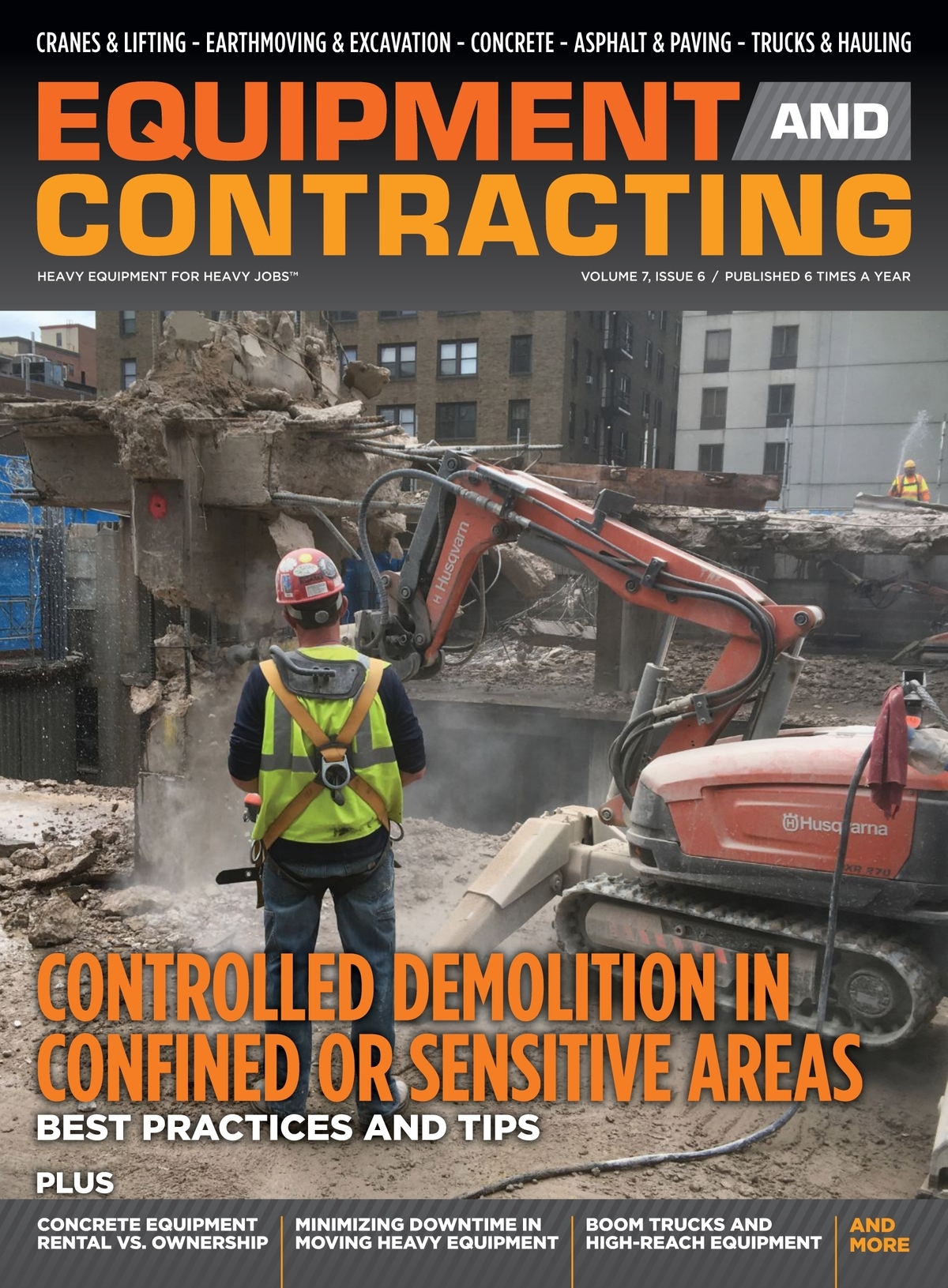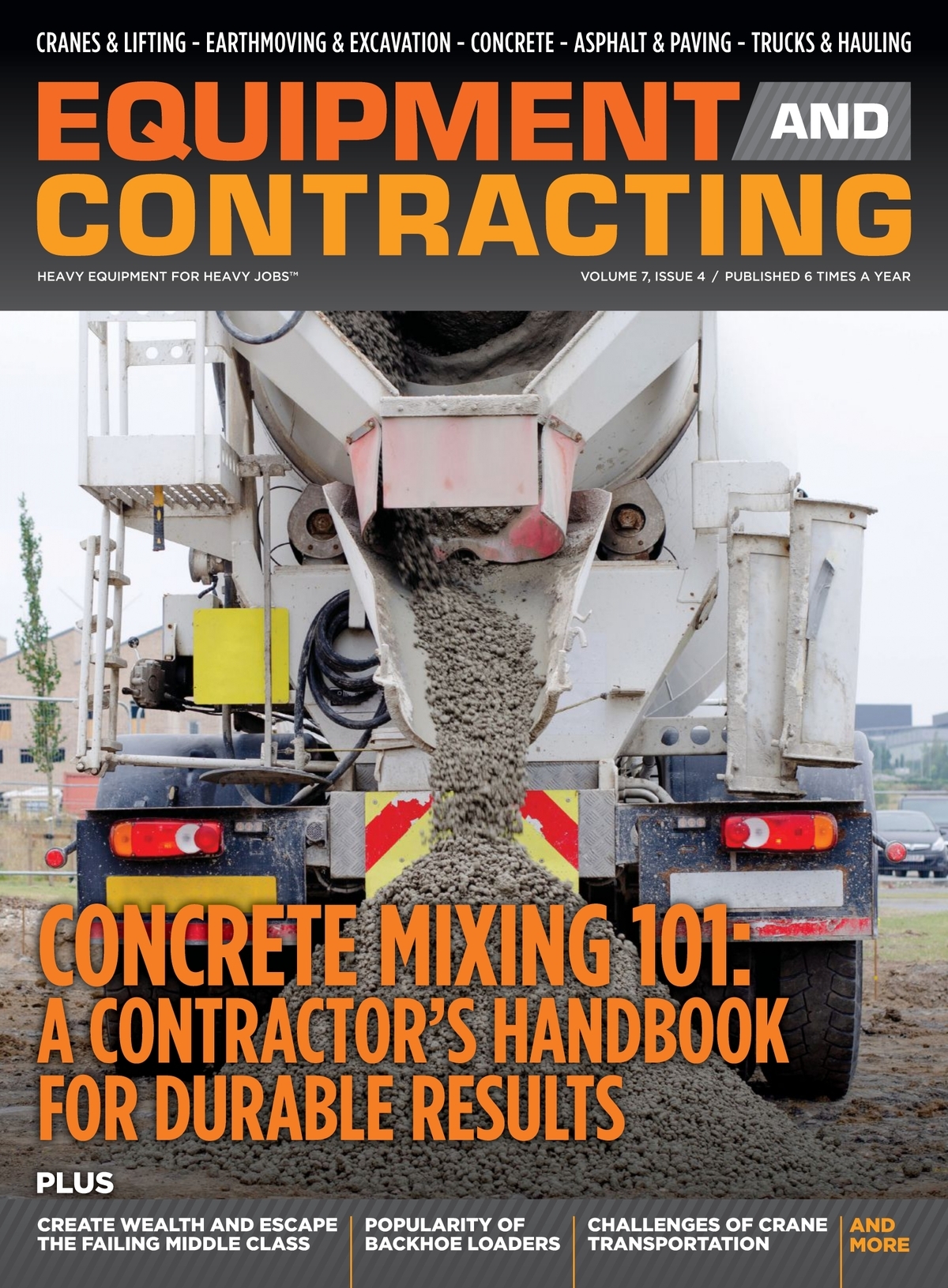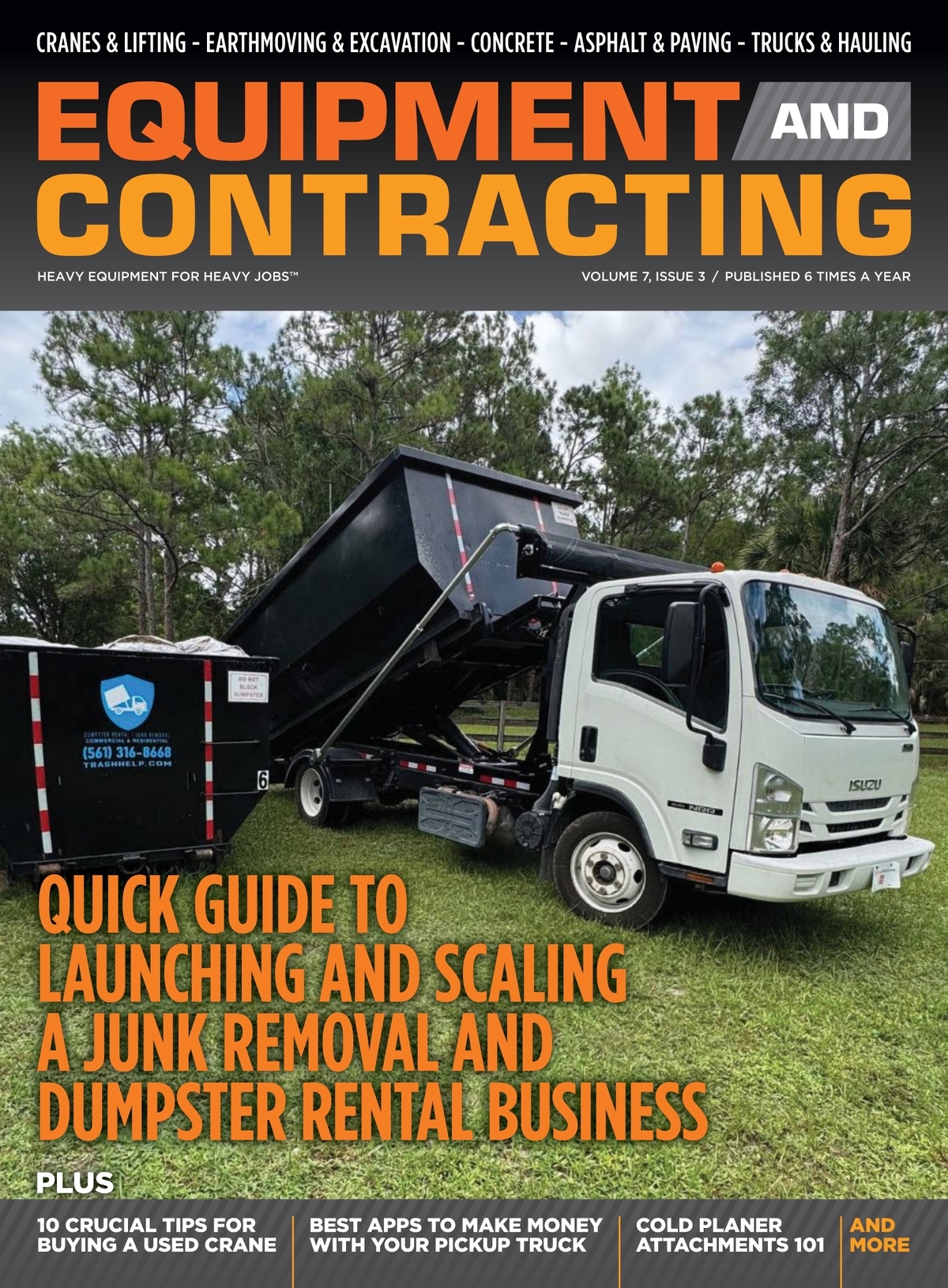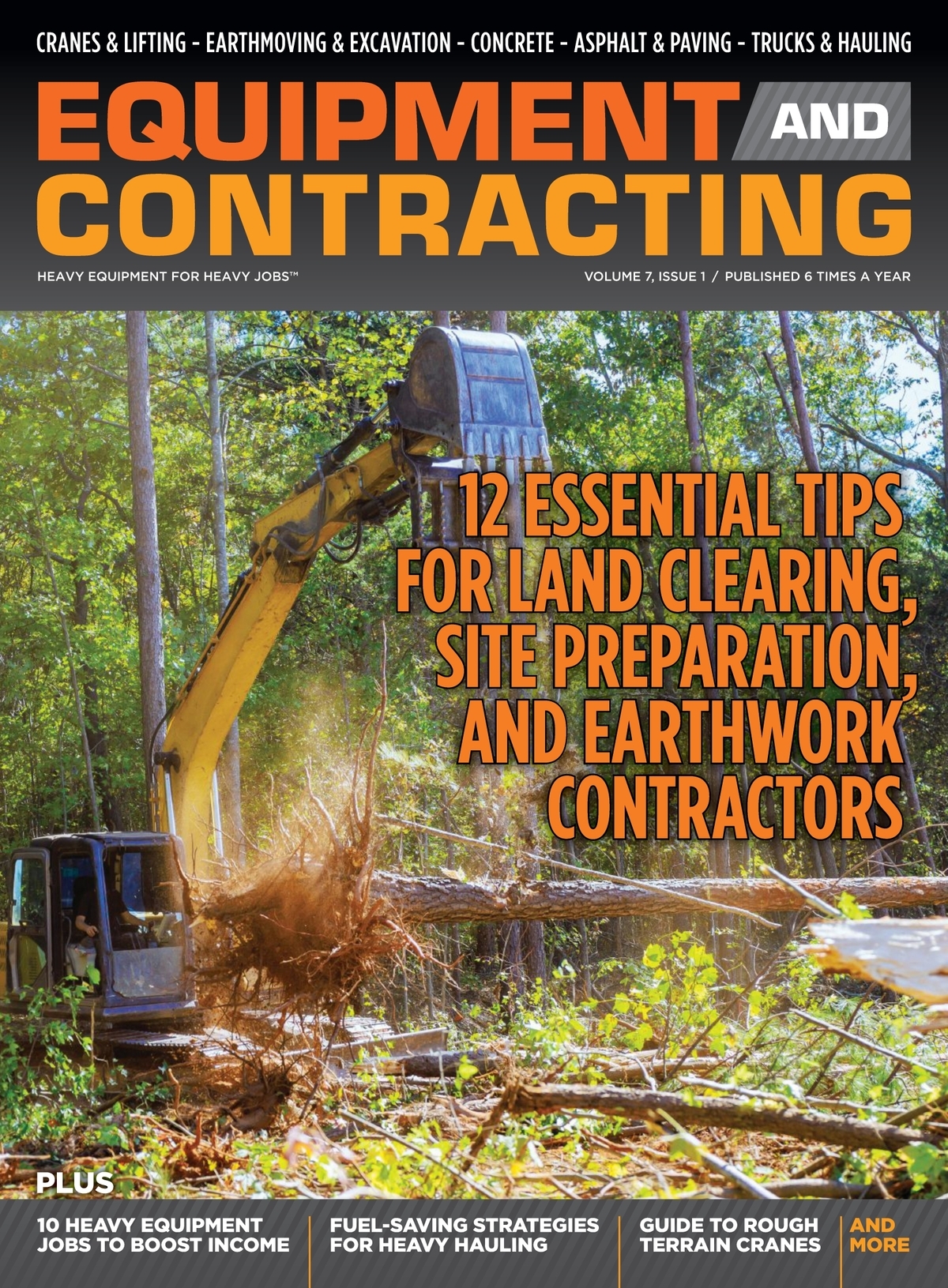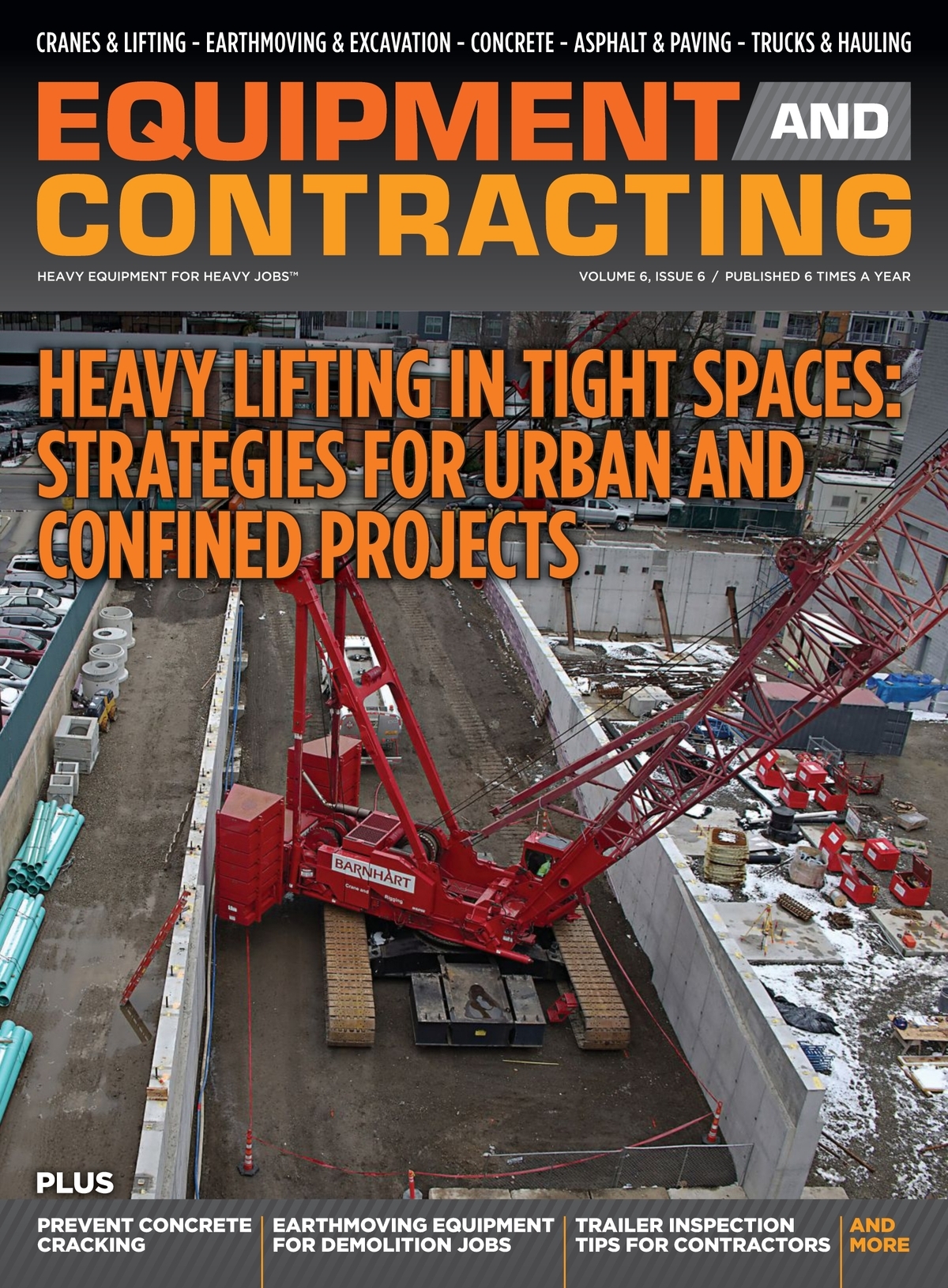
Construction is a complex business – but you already know that. As a business owner, there’s a good chance that at any point in time, you’ve got multiple irons in the fire and are performing a sort of juggling act trying to keep your business afloat.
You’ve got subcontractors to pay, clients to meet with, government safety regulations to follow…and not to mention all that paperwork!
As a construction business owner, one of the best things you can do for the health of your business is to set clear goals. By making goal setting part of your strategic plan, your company will not only be successful now, in the short-term – but for many years down the road.
Here are some tips for establishing goals for your construction business.
How Do You Set Clear Goals for a Construction Project?
Goal setting? What’s that? Below, we’ll give you more information on how you can set the clearest goals possible to help you grow your business.
1. Follow the SMART Method of Goal Setting
The SMART method of goal setting is a strategy that’s been touted across all industries, from business to education and more.
It sounds complicated, but basically, it just involves setting goals that are:
Specific
Measurable
Achievable
Relevant
Time-Bound
You can read more about setting SMART goals here, but essentially, SMART goals will help you come up with plans that are not only ones you can realistically achieve, but will be able to measure the success of.
For example, “have a successful construction business” isn’t a SMART goal because it isn’t quantifiable in any way. What does success mean? When will you get there? How will you measure “success”?
A better goal would be, “generate “x” number of dollars in profit by 2040 by doing ‘x’, ‘y,’ and ‘z.’”
2. Understand Long Term vs. Short Term Goals
The construction industry is packed to the brim with companies that just aren’t sure where they’re coming from, where they’re going, or how they ended up where they’re at. It’s just bid, bid, bid, dashing from one job to the next.
This process is not only exhausting, but it also doesn’t focus on the long term.
Think long-term when you’re getting your business goals. Write down what you want your business to look like in 20 years, then delve deep into that vision to see what you can be doing now to achieve that goal. By setting long-term goals first, you can break them down into short-term goals that are more manageable for you to work on right now.
Make sure your strategic plan has both types of goals if you want to be successful.
3. Keep Your Interests and Passions in Mind
When you’re setting goals for your business, make sure they’re not solely focused on the dollars and cents. You might want to be a millionaire when you retire. But if you hate doing excavation work and that’s 90% of your business right now, it might be time to set goals that focus more on what you love doing so you don’t find yourself going crazy before you ever get the chance to retire.
What part of construction and contracting do you like best? People tend to excel at what they enjoy doing – so base your business goals around that.
4. Consider How Your Business Partners Might Help
If you aren’t the sole owner of your business, then setting goals for your business shouldn’t be a one-man show. Sure, you can always set your own individual goals, but your business partners will be able to help you make the right decisions.
5. Review Often
Once you’ve set your business goals, congratulations! The hard part is over – kind of. Now you have to work toward those goals. To ensure that you’re staying on track, be sure to review your goals often (at least once a year, but ideally once a month or once a week if you can).
7 of the Best Goals to Establish for Your Construction Business
Your goals should be a reflection of what you want to achieve with your construction business. However, if you’re not sure where to start, you may want to use these common goals as a jumping-off point to create your own.
1. Recruit the Best Talent
Unless you’re a one-man or one-woman show, there’s a good chance that you rely heavily on your employees and subcontractors to help make things happen out there on the job site.
And if you are a one-man show? Then you might want to consider whether adding a few quality employees might help you improve your business.
You’ll reap the most benefits when you take clear, deliberate steps to recruit the individuals with the strongest skill sets – this should be a clearly defined goal for all construction businesses, but especially those that are new to the industry.
Once you have those employees on board, it’s a good idea to set some clear goals that allow you to retain that talent, too.
2. Incorporate Technology
We are no longer living in the Stone Age – and although you might not necessarily like this statement, it’s true. Technology is everywhere – and you’ve got to be able to adapt along with it in order to be successful.
Set your construction business a few goals related to technology – ideally, cybersecurity. There have been countless security breaches across industries in the last year alone – and construction, one of the biggest industries in the United States, is no exception.
Make a goal to come up with a detailed incident response plan so you know what to do in this kind of tech emergency – and upgrade your cybersecurity procedures while you are at it.

3. Become an “Active Planner”
This is a somewhat vague goal to set – but there are lots of directions you can take this in.
Often, businesses come up with grandiose, long-term strategies that don’t ever adapt to the current times. You might have a goal for what you want your business to look like when you retire, but you need to think about what your strategic plan looks like in the meantime.
At the very least, you should be reevaluating your master plan and your individual goals on a yearly basis. By getting into the habit of constant reflection, you’ve set yourself up for success this year – and for many years down the road.
4. Improving Project Safety Standards
Safety first – especially if you own a construction business. If the safety standards on your job sites aren’t as stringent as they could be, it’s time to tighten them up.
It’s easy enough to set company safety goals (we’ve had “x” number of days on the job with no accidents!) but setting goals doesn’t mean that they’re going to happen on their own. You need to set goals that specifically address your shortcomings and take steps to rectify them.
Take a close look at where your safety plan is falling flat and see what you can do to ensure that your programs are followed at each and every job site.
Create a plan that identifies possible risks of each unique site (remember – no two job sites are the same and each has its own hazards and risks) and make sure that plan is communicated to every team member.
View the complete article here.
What is the SMART method of goal setting for construction businesses, and why is it essential for achieving measurable success in the industry?
The SMART method involves setting Specific, Measurable, Achievable, Relevant, and Time-Bound goals, ensuring clear and measurable objectives for construction businesses.
Why is it important for construction businesses to consider both long-term and short-term goals in their strategic plans, and how does this contribute to sustained success in the industry?
Balancing long-term vision with short-term objectives helps construction businesses create manageable steps towards future success and prevents a myopic focus on immediate challenges.

